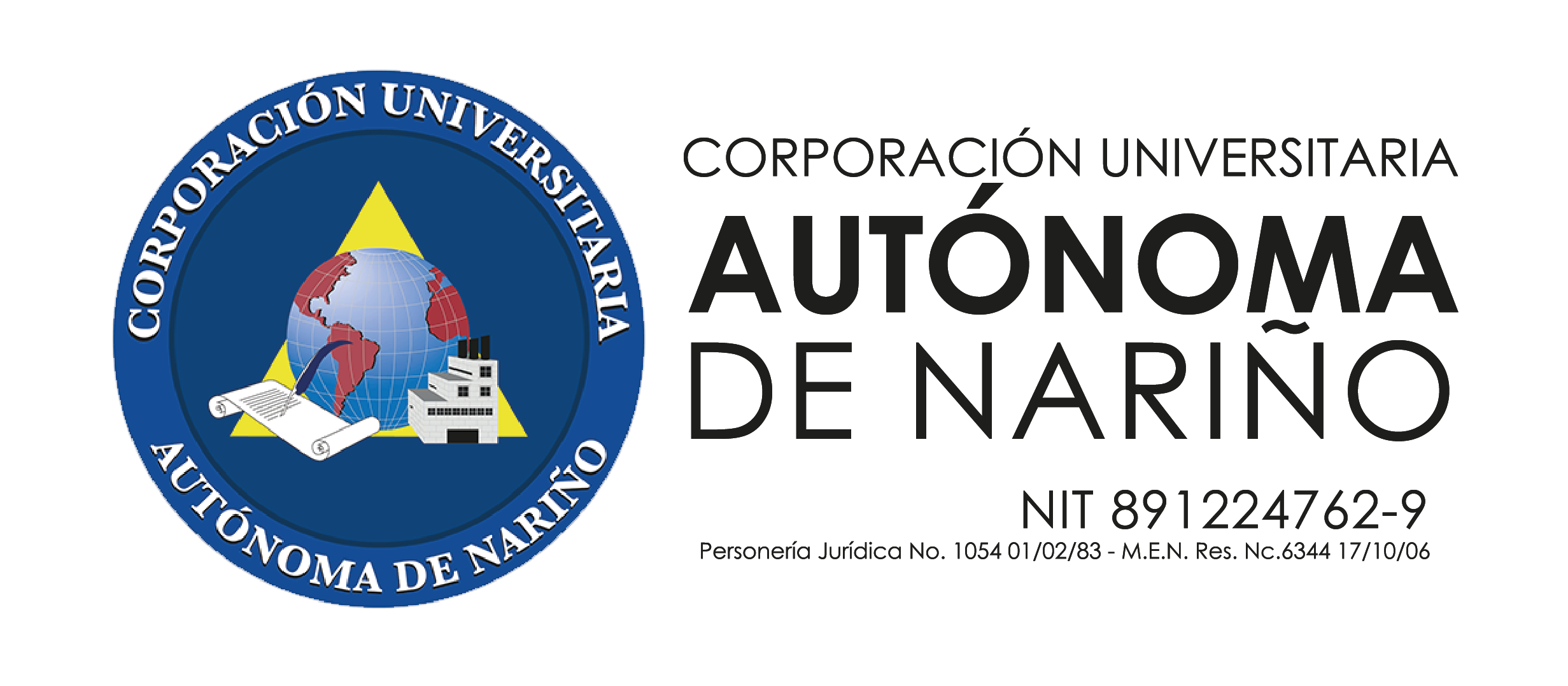Social capital in family nuclei and its significance in human development
DOI:
https://doi.org/10.47666/summa.4.1.13Keywords:
associativity, social capital, civilityAbstract
Social capital as an immaterial resource is considered an incident factor in the development, of the ability to generate formal and informal associative links (Putnam, 2011) promoting the collective interest in a society permeated by the particular interests of the subject. On the other hand, the index of social capital according to the 2017 measurement in Colombia, has presented a contraction and decline from the 2011 measurement (Sudarsky & Contraloria General de la Nación, 2018) evidencing a disarticulation in the associativity and the collective interest affecting the strengthening of civility. This study starts by identifying a sample of 125 households that will be addressed from a descriptive investigation with a quantitative analysis approach, which has as its main objective to identify if there is an incidence between the generation and recognition of social capital and its impact on the social and human development in homes in the city of Bogotá, observing as the main result that the capacity for associativity does directly affect the generation of social welfare and strengthening of civility, generated as the main conclusion that although there is no evidence of a strong impact of capital in human development if it can be observed that there is a discreet incidence of this resource in the civic and human development of the households addressed, the stock of social capital is quite weak in the local context.Downloads
References
Adler, P., & Kwon, S.-W. (2002). Social Capital: Prospects for a New Concept. The Academy of Management Review, 27, 17-40. https://doi.org/10.2307/4134367
Atria, R., Siles, M., Arriagada, I., Robinson, L., & Whiteford, A. (2003). Capital social y reducción de la pobreza en América Latina y el Caribe: en busca de un nuevo paradigma. Naciones Unidas.
Azqueta, D., Gabaldón, G., & Margalef, L. (2007). Educación y desarrollo: ¿capital humano o capital social? Revista de Educación, 344, 265–283. https://doi.org/10.4438/1988-592X-0034-8082-RE
Becker, G. (2009). Human Capital: A Theoretical and Empirical Analysis, with Special Reference to Education. In University of Illinois at Urbana-Champaign’s Academy for Entrepreneurial Leadership Historical Research Reference in Entrepreneurship (3,ed., Vol. 2).
Bliuc, A.-M., Best, D., Iqbal, M., & Upton, K. (2017). Building addiction recovery capital through online participation in a recovery community. Social Science & Medicine, 193, 110–117. https://doi.org/10.1016/j.socscimed.2017.09.050
Borgonovi, F., Andrieu, E., & Subramanian, S. (2021). The evolution of the association between community level social capital and COVID-19 deaths and hospitalizations in the United States. 278, 1–18. https://doi.org/10.1016/j.socscimed.2021.113948
Bourdieu, P. (2000). Poder, derecho y clases sociales. Desclée De Brouwer.
Chiang, H. H., Basu, M., Sianipar, C. P. M., Onitsuka, K., & Hoshino, S. (2021). Capital and symbolic power in water quality governance: stakeholder dynamics in managing nonpoint sources pollution. Journal of Environmental Management, 290, 1–12. https://doi.org/10.1016/j.jenvman.2021.112587
Coleman, J. (1990). Foundations of Social Theory. Cambridge, Belknap Press.
DANE. (2021). Mercado laboral de la Juventud.
Dolan, P., Peasgood, T., & White, M. (2008). ¿Sabemos realmente lo que nos hace felices? Una revisión de la literatura económica sobre los factores asociados al bienestar subjetivo. Journal of Economic Psychology. https://doi.org/10.1016/j.joep.2007.09.001
Durston, J. (2000). ¿Qué es el capital social comunitario? In Serie políticas sociales CEPAL (Issue 38, pp. 1–45). Naciones Unidas.
Durston, J. (2002). El capital social campesino en la gestión del desarrollo rural: díadas, equipos, puentes y escaleras. Comisión Económica para América Latina y el Caribe (CEPAL).
Edwards, B. (2018). Shifting the perspective on community-based management of education: From systems theory to social capital and community empowerment. International Journal of Educational Development, 64(17–26). https://doi.org/10.1016/j.ijedudev.2018.11.004
Fukuyama, F. (2018). Trust. Free Press.
Garcia-Ojeda, M. (2012). Capital social y clientelismo: otra limitación para el control social. Polis, Revista de La Universidad Bolivariana, 10(29), 1–21. http://doi.org/10.32735/S0718-6568/2011-N29-786
Granovetter, M. (1973). The Strength of Weak Ties. American Journal of Sociology, 78(6), 1360–1380. https://doi.org/10.1086/225469
Harrison, J., Montgomery, C., & Jeanty, W. (2019). A spatial, simultaneous model of social capital and poverty. Journal of Behavioral and Experimental Economics, 78, 182–192. https://doi.org/10.1016/j.socec.2018.09.001
Jahan, S., & ONU. (2015). Repensar el trabajo por y para el desarrollo humano.
James, L., Hyun, H., & Soo, K. (2021). Individual and community social capital, mobility restrictions, and psychological distress during the COVID-19 pandemic: a multilevel analysis of a representative US survey. Social Science & Medicine, 287, 1–13. https://doi.org/10.1016/j.socscimed.2021.114361
Kliksberg, B. (2002). Capital social y cultura, claves olvidadas del desarrollo. El Colegio de Mexico, 43(3 (169)), 454–496.
Nicholas, C., Murphy, L., & Blackman, A. (2019). Exploring the dimensions of social capital that are effective mediators of long distance commuting impacts on wellbeing. Resources Policy, 60, 185–197. https://doi.org/10.1016/j.resourpol.2018.12.011
North, D. (2016). Institutions and Economic Theory. The American Economist, 61(1), 72–76. https://doi.org/10.1177/0569434516630194
PNUD. (2018). Índices e indicadores de desarrollo humano Actualización estadística de 2018.
Putnam, R. (1994). Making Democracy Work (2nd ed.). Galac.
Putnam, R. (2011). Para que la democracia funcione. Centro de Investigaciones Sociológicas.
Sobel, J. (2002). Can We Trust Social Capital? Journal of the Economic Literature, 40(1), 134–154. https://doi.org/10.1257/0022051027001
Sudarsky, J., & Contraloria General de la Nación. (2018). Cuarta Medición de Capital Social de Colombia. https://contrial.co/resultados-medicion-de-capital-social-de-bogota/
Woolcock, M. (1998). Social capital and economic development: Toward a theoretical synthesis and policy framework. Theory Ans Society, 27, 151–208. https://doi.org/10.1023/A:1006884930135








